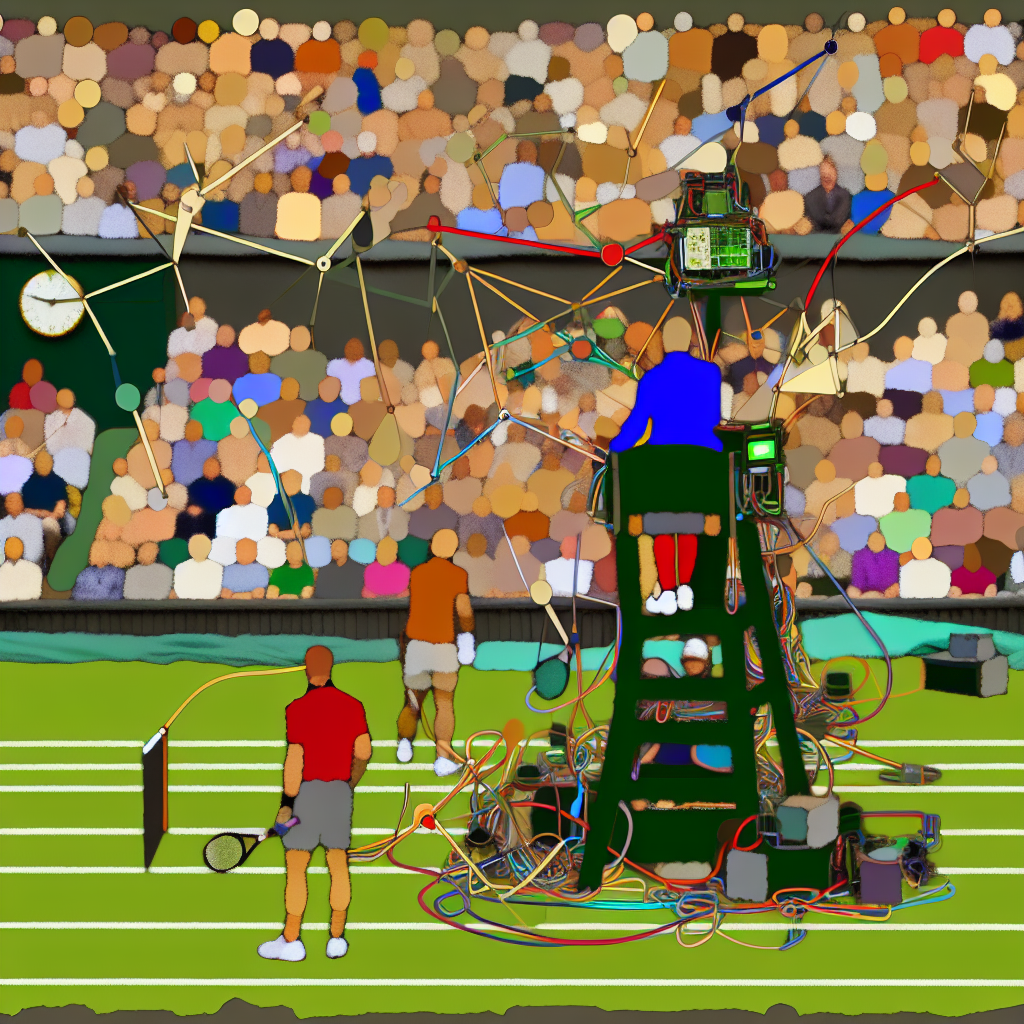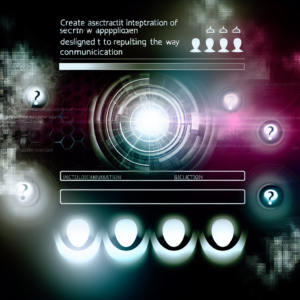Wimbledon has stirred controversy following its decision to replace human line judges with an artificial intelligence-powered electronic line calling system (ELC), drawing sharp criticism from several players participating in this year’s event.
Prominent voices, including British tennis stars Emma Raducanu and Jack Draper, have publicly expressed frustration over inaccuracies allegedly caused by the new AI system. Raducanu pointedly criticized the technology after a contentious call in her match where a ball hit by her opponent appeared clearly out but was ruled in. The television replay later supported Raducanu’s claim, highlighting the potential flaws in the automated system.
Jack Draper, Britain’s current top-ranked player, echoed Raducanu’s dissatisfaction, pointing out he believed several calls made by the ELC during matches were mistaken. He suggested that the technology is still not completely reliable.
Other troubling incidents have emerged. American player Ben Shelton was reportedly rushed through his match as organizers warned that the AI system was close to malfunctioning due to fading light conditions. Additionally, several players complained about difficulties in hearing audio announcements made by the automated speaker system. This was especially troubling for a deaf participant, who noted that, without traditional line judges making hand signals, she struggled to determine when she had won a point.
A critical malfunction of the technology occurred during a match between British competitor Sonay Kartal and Russian Anastasia Pavlyuchenkova. The electronic system failed to acknowledge a ball clearly outside court boundaries, forcing the chair umpire to stop play and demand a replay. Wimbledon issued an apology afterward, attributing the mistake to human error—saying the equipment was unintentionally turned off. The system has since been adjusted to prevent a recurrence.
However, not everyone agrees with the mounting criticism. Debbie Jevans, chairwoman of Wimbledon’s governing body, the All England Club, firmly responded to players’ complaints. Jevans pointed out that, in previous years when human judges officiated, calls regularly came under scrutiny, prompting players themselves to advocate for electronic line judging due to its perceived greater accuracy and fairness.
The issue at Wimbledon underscores wider concerns throughout professional tennis tournaments that increasingly rely on automated line calling technologies. Last April, German star Alexander Zverev questioned the reliability of similar AI technology during another tournament. He shared a photo online showing an obviously out-of-bounds ball wrongly called in by the automated system, suggesting ongoing doubts about the dependability of AI officiating in the sport.
These incidents have reignited conversations surrounding the appropriate balance between artificial intelligence and human officials, highlighting the challenges faced by sports organizations embracing technology-driven solutions.









